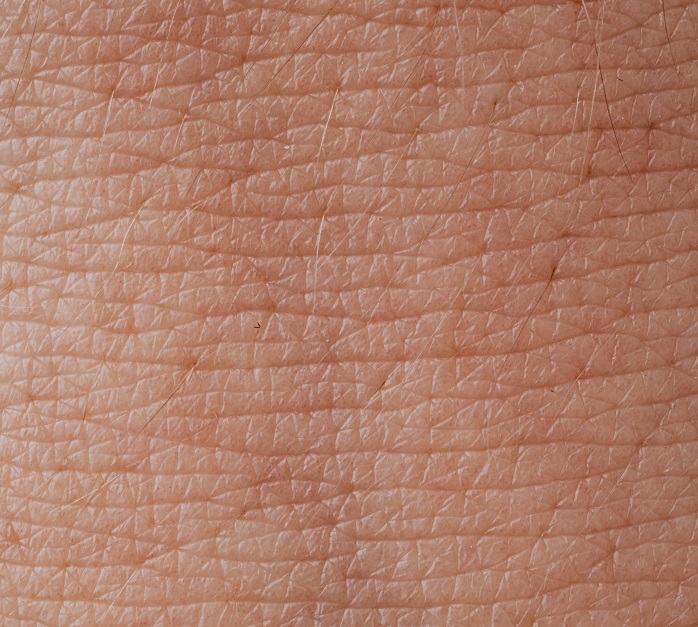What Causes Uneven Skin Tone?
Uneven skin tone can have various causes, including:
-
Sun Exposure: Prolonged sun exposure can lead to the development of dark spots, freckles, and sunspots, which contribute to uneven skin tone.
-
Hormonal Changes: Hormonal fluctuations, such as those during pregnancy or with the use of birth control pills, can lead to melasma, a type of hyperpigmentation.
-
Genetics: Some people are genetically predisposed to uneven skin tone, making it essential to adopt preventive measures.
-
Lifestyle Factors: Smoking, a poor diet, and high-stress levels can affect skin health and contribute to uneven skin tone.
Types of Uneven Skin Tone
Uneven skin tone comes in various forms, including:
-
Hyperpigmentation: This occurs when certain areas of the skin become darker than the surrounding skin. Common types of hyperpigmentation include age spots, sunspots, and melasma.
-
Hypopigmentation: Hypopigmentation involves areas of the skin that are lighter in color due to a lack of melanin production. Conditions like vitiligo and post-inflammatory hypopigmentation can cause uneven skin tone.
-
Redness: Skin redness or erythema can be caused by various factors, including sunburn, rosacea, broken blood vessels, or skin irritation. It can lead to uneven red patches on the skin.
-
Acne and Post-Inflammatory Hyperpigmentation: Acne breakouts can often lead to post-inflammatory hyperpigmentation, which are dark spots that remain after the acne lesion has healed, contributing to uneven skin tone.
-
Uneven Texture: Uneven skin texture can be caused by factors such as acne scarring, enlarged pores, fine lines, and wrinkles, making the skin's surface appear uneven.
How to Prevent Uneven Skin Tone
Preventing uneven skin tone involves taking proactive measures:
-
Sun Protection: Use sunscreen with a high SPF rating to protect your skin from harmful UV rays.
-
Healthy Skincare Routine: Maintain a consistent skincare routine with gentle cleansers, exfoliants, and moisturizers.
-
Lifestyle Changes: Adopt a healthy lifestyle by quitting smoking, eating a balanced diet, and managing stress.
Skincare for Uneven Skin Tone
A proper skincare routine can significantly improve uneven skin tone:
-
Brightening Serums: Serums containing ingredients like vitamin C and niacinamide can help lighten dark spots and promote a more even complexion.
-
Exfoliants: Exfoliating products with glycolic acid or salicylic acid can help remove dead skin cells and reveal a brighter complexion.
-
Moisturizers: Hydrate your skin with a moisturizer suitable for your skin type to maintain a healthy barrier.
Professional Treatments
In more severe cases of uneven skin tone, professional treatments may be necessary:
-
Chemical Peels: Chemical peels use various acids to remove the top layer of skin, revealing fresher, more even-toned skin.
-
Microdermabrasion: This non-invasive procedure exfoliates the skin's surface, improving its texture and tone.
-
Laser Therapy: Laser treatments can target specific skin concerns, such as pigmentation issues and redness.
-
Prescription Medications: Dermatologists can prescribe topical treatments like hydroquinone or tretinoin for stubborn pigmentation.
Home Remedies for Uneven Skin Tone
For those who prefer natural remedies, consider:
-
Lemon Juice: The citric acid in lemon juice can help lighten dark spots when applied carefully.
-
Aloe Vera: Aloe vera has soothing properties and may help reduce redness.
-
Turmeric Masks: Turmeric's anti-inflammatory properties can help brighten the skin.
Frequently Asked Questions About Uneven Skin Tone
-
Can diet affect skin tone?
- A balanced diet rich in antioxidants and essential nutrients can improve your skin's overall health, contributing to a more even tone.
-
What makeup techniques can help conceal uneven skin tone?
- Proper color correction and foundation application can conceal uneven skin tone effectively. Seek makeup tutorials tailored to your skin's needs.
-
How long does it take to see results with skincare products?
- Results vary depending on the product and your skin's condition. In general, it may take a few weeks to a few months to see noticeable improvements.
Conclusion
Achieving a more even skin tone often requires patience and a tailored approach. By following the recommendations in this comprehensive guide, you can work towards healthier, more radiant skin. Remember, it's essential to consult with a skincare professional for personalized advice, especially if you have severe skin concerns. Your path to a more even skin tone begins with understanding the causes and taking action to achieve your skin goals.

